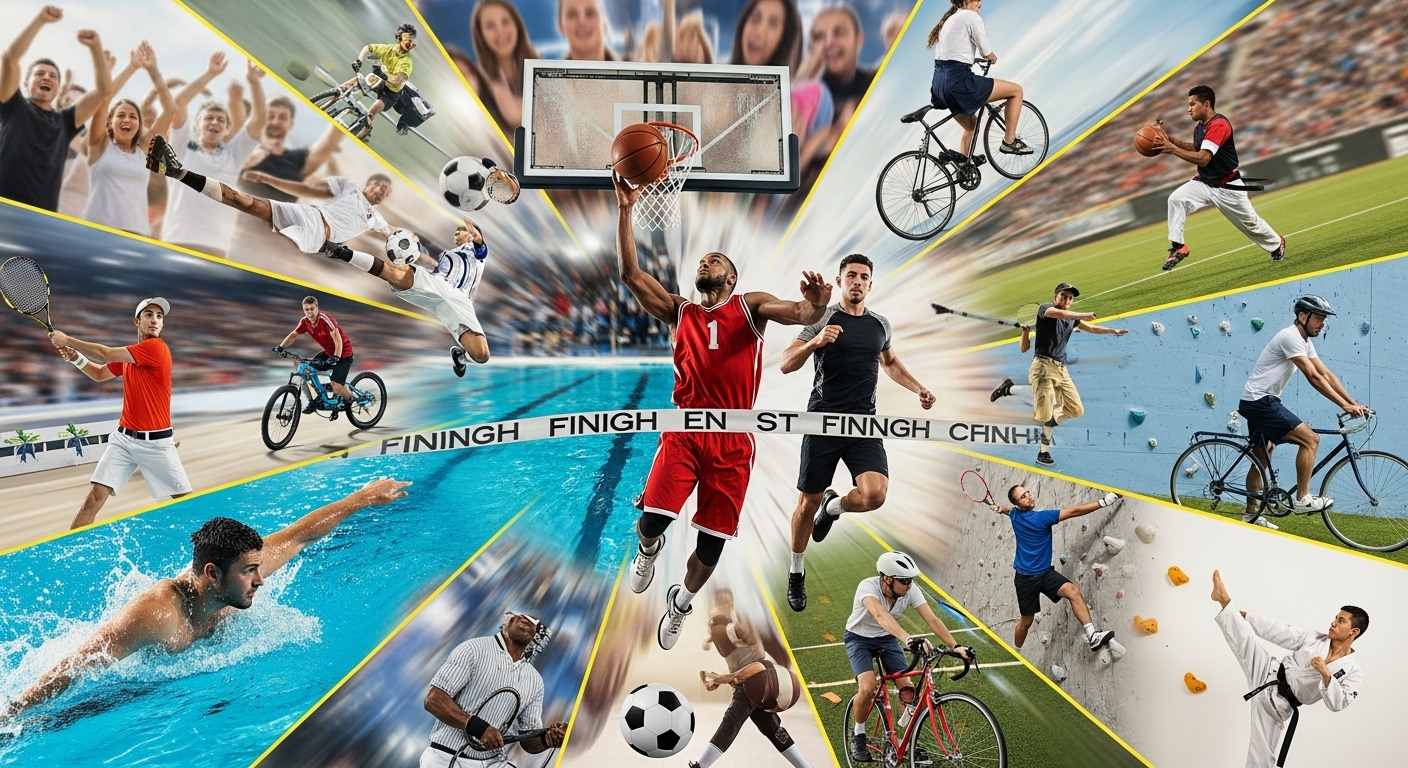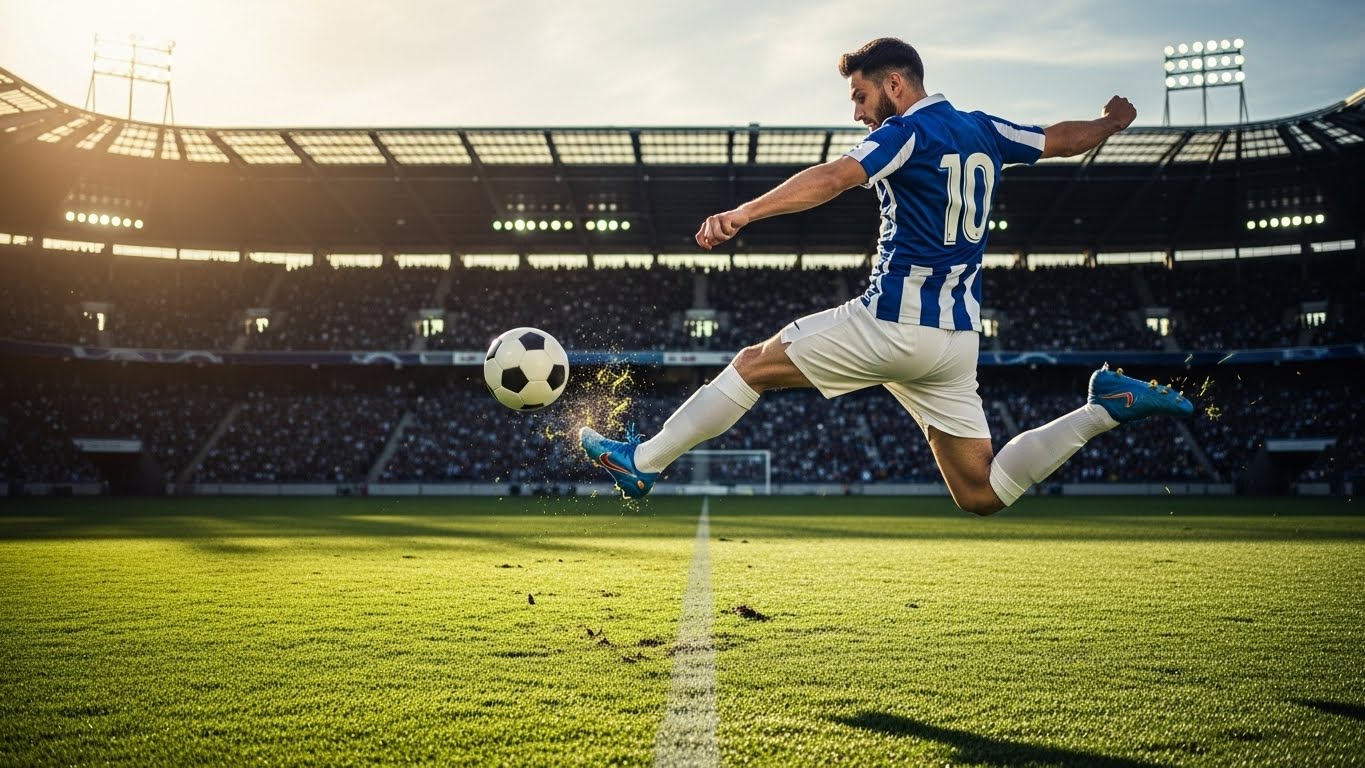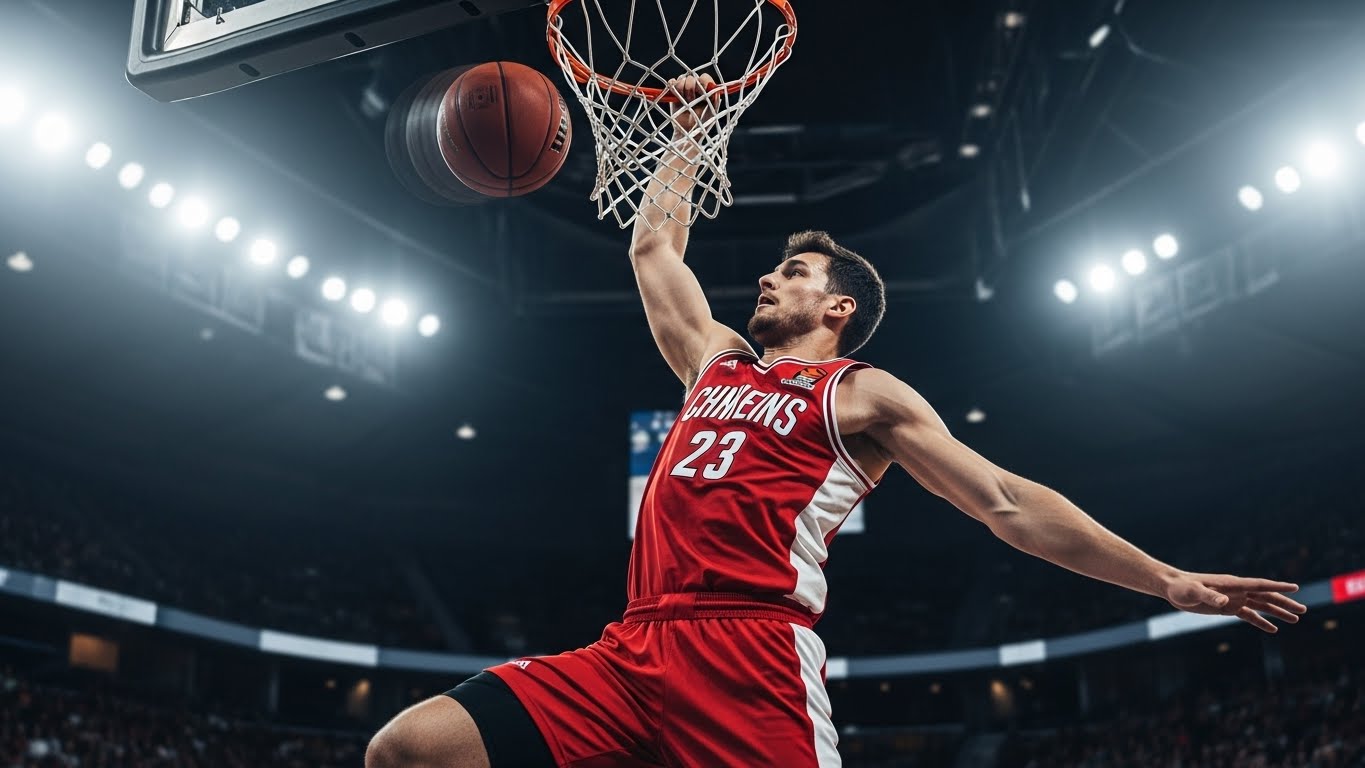Sports, in all their forms, have held a special place in human culture for centuries. They are not just a source of entertainment or competition, but also a powerful tool for personal development, community building, and cultural exchange. From the most high-profile international events like the Olympics to the humble backyard games, sports bring people together in a way that few other activities can. This blog will explore the multifaceted role that sports play in our lives and why they are so important for personal and societal growth.
The Physical and Mental Health Benefits of Sports
Engaging in sports is not only about improving your skills or winning trophies—it has profound effects on both your body and mind. On a physical level, sports are an excellent way to maintain cardiovascular health, improve muscle strength, and boost flexibility. Whether it’s running, swimming, or playing a team sport, regular physical activity helps to combat the growing issues of obesity, heart disease, and other chronic conditions that are becoming more common in today’s sedentary society.
On the mental front, the benefits are just as impressive. Physical exercise has been shown to reduce stress levels, alleviate symptoms of anxiety and depression, and promote better sleep. Endorphins, often called “feel-good” hormones, are released during physical activity, creating an emotional uplift. For many, participating in sports acts as an escape, a chance to focus solely on the game and leave behind the stresses of everyday life. It’s this combination of physical exertion and mental release that makes sports so uniquely therapeutic.
The Role of Sports in Fostering Social Connections
Sports create a universal platform for people to connect with each other. Regardless of background, nationality, or language, the shared experience of playing or watching a sport unites individuals in ways that transcend other social barriers. Whether it’s a local soccer match or an international basketball game, sports bring communities together, fostering relationships and building camaraderie.
For children, sports are often one of the first ways they learn how to interact with others outside their families. Through sports, children develop teamwork, communication skills, and a sense of belonging. These social interactions help build confidence and teach important lessons about cooperation, empathy, and mutual respect.
For adults, sports can provide similar benefits, especially in today’s increasingly digital and isolated world. Playing a game or even watching one with friends or family creates bonds that might not exist in other aspects of life. The emotional highs and lows of sports also give fans something to collectively root for, adding to the sense of connection.
Sports as a Catalyst for Cultural Exchange
In a globalized world, sports serve as an essential platform for cultural exchange. Major events like the FIFA World Cup, the Olympics, and the Super Bowl attract viewers from every corner of the planet. These occasions provide an opportunity to experience different cultures, traditions, and lifestyles, all while participating in a shared celebration of athleticism.
Moreover, sports are one of the few universal languages. Despite the differences in language, dress, and customs, people from all over the world can appreciate and enjoy the same game. This creates a unique environment where the boundaries between nations can momentarily dissolve, fostering understanding and respect between diverse cultures.
The Impact of Sports on Personal Growth and Life Skills
Beyond physical prowess, sports offer valuable lessons in life that extend far beyond the game. One of the most significant lessons learned through sports is resilience—the ability to keep going despite setbacks, losses, or difficult circumstances. Athletes, whether professionals or amateurs, often face challenges such as injuries, poor performance, or personal struggles. However, the best athletes are those who can turn failure into motivation and keep improving, no matter the odds.
Team sports, in particular, teach important life skills such as leadership, collaboration, and communication. Working with teammates toward a common goal fosters a sense of shared responsibility. Leaders on the field—whether captains or coaches—learn how to inspire others, make tough decisions, and guide the team through challenges. These skills are directly transferable to the workplace and other areas of life, helping individuals grow into effective leaders and team players.
The Power of Sports in Promoting Social Change
Sports have historically been at the forefront of social change. From Jackie Robinson breaking the color barrier in Major League Baseball to Muhammad Ali’s stand against the Vietnam War, athletes have used their platforms to address some of society’s most pressing issues. In more recent times, athletes like Colin Kaepernick and Serena Williams continue to challenge racial inequality, gender discrimination, and social injustice, using their status and influence to shine a light on important causes.
The visibility of athletes makes them powerful advocates for change. When they speak out, they bring attention to issues that might otherwise be ignored, inspiring fans and communities to take action. Sports have become a catalyst for social movements, demonstrating the significant role that athletes can play in shaping public opinion and influencing policy.
Conclusion: The Lasting Legacy of Sports
Sports are not just games; they are powerful tools for personal development, societal change, and global unity. Whether it’s the health benefits, the social connections, the lessons learned, or the ability to promote important causes, sports offer something invaluable to everyone who participates in them. As we look to the future, one thing is clear: sports will continue to be a vital force in shaping our world, bringing people together, and inspiring us to be better versions of ourselves.
The beauty of sports lies in their simplicity. They require little more than a ball, a field, or a court, yet they have the power to change lives, build communities, and bridge divides. So next time you lace up your sneakers or cheer on your favorite team, remember that sports are much more than just a game—they are a force for good in the world.



